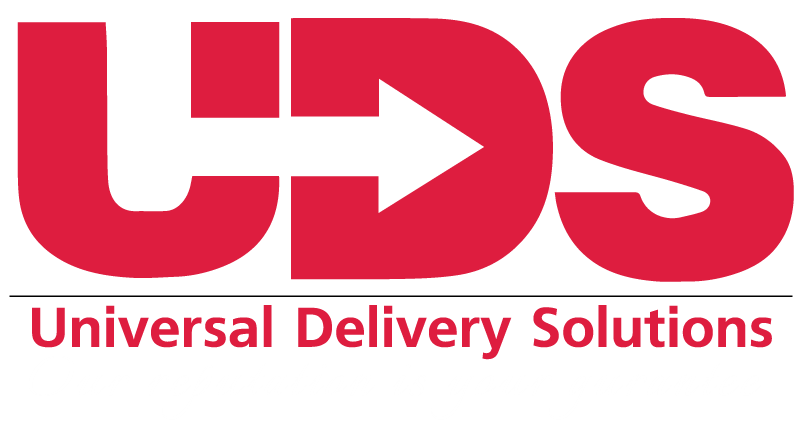How Are Customs Charges Applied For Parcels Being Sent To India
An export duty is a customs duty assessed in the exporting nation. It is known as an import duty when it is imposed in the importing country. The import and export of goods may be subject to not just one but many customs levies and additional fees. When added together, these tariffs and fees can considerably impact your overall shipping costs. Importers and exporters must thus fully comprehend the customs duties that apply to their products and how to compute them.
India’s import taxes
India imposes import taxes, much like every other nation, to:
- Safeguard its industry from cheap imports.
- Generate income for the government.
- Keep track of the flow of commodities across its borders.
The duty charge or tariffs vary from item to item and is based on details like the material it comprises and where it is manufactured or purchased.
The Finance Act and Customs Act of 1962 oversees import duties in India. The Central Bureau of Indirect Taxes and Customs (CBIC) collects these fees. Customs duty rate adjustments are made public in the yearly Budget, unveiled on the very first day of February, or using notices in the Gazette of India.
Various import taxes in India:
The fundamental tax imposed on imported goods is the fundamental Customs Duty (BCD). The percentage of duty varies from 0% to 100%. The government may impose a zero percent tariff on specific commodities to exempt them from BCD (such as Covid-19 vaccinations and life-saving medications, for example). If imported by a free trade agreement, imports may be subject to a decreased or 0% BCD rate.
CVD: Countervailing Duty Also known as Additional Customs Duty, this fee is levied on products whose manufacture resulted in government subsidies or tax breaks. The CVD makes sure that cheaper imports do not put local products at a disadvantage. In India, there are three rates for CVD taxes: 0, 6, and 12.
Anti-dumping Duty (ADD) is a tax imposed on imports of products sold for substantially less than their normal market value. Exporting nations may use dumping to achieve an unfair competitive advantage or eliminate surplus stock. The ADD is used by importing nations to shield their domestic industries from an influx of cheap imports. To safeguard domestic producers, India imposed an ADD in April on some chemical imports from the European Union, Saudi Arabia, the United Arab Emirates, and Chinese Taipei for a five-year term. By Indian law, the ADD assessed cannot be greater than the lowering margin, which refers to the distinction between the product’s regular price and the importation price.
The Indian government implemented the Social Welfare Surcharges (SWS) in 2018 to pay for social welfare initiatives in education, health, and social security. It takes the place of the previous college and secondary school levy and the education cess levied on imported goods. SWS is not attracted by goods free from the education cess. The imposed tariffs and cesses add a 10% social assistance surcharge.
Indian Customs imposes a safeguard levy on products whose rising import volumes are thought to pose a risk to indigenous producers. For instance, a safeguard duty is now applied to solar cell imports from China. This obligation aims to relieve the local economy of its burden temporarily.
Do you want to send a parcel to India ? Click here to know more.
Imports are subject to protective tariffs to safeguard the rights of domestic producers. The government must approve the Tariff Commission’s recommendation before levying protective duty. Due to the need for the government to get a Bill through Parliament to potentially become law, protective duty is seen as a more long-lasting source of relief for domestic businesses than safeguard duty.
The Finance Act of 2001’s Seventh Schedule lists several imported goods subject to the National Catastrophe Contingent Duty (NCCD), including tobacco products, petroleum products, several types of cars, and others. Additionally, the tax rate is stated. The National Disaster Assistance Fund, which the government utilizes to cover disaster assistance and recovery costs, is funded by the NCCD.
Development and Improvement Cess for Agriculture (AIDC): On 29 various items, which include gold, silver, fruit such as apples, alcohol (other than beer), pulses, oil from palms, urea, petrol, and diesel, this fee is levied. It was included in Budget 2021–2022 to subsidize the construction of agricultural infrastructure. Coal, lignite, and peat have an AIDC rate of 1.5 percent, while alcoholic beverages have an AIDC rate of 100 percent.
Additional import-related fees
Integrated Goods and Services Tax (IGST): Imported goods in India are subject to IGST and customs taxes. According to the IGST Act of 2017, it is assessed at the following rates: five percent, twelve percent, eighteen percent, and 28 percent. The assessed worth of the imported products and the amount of the imposed import charges together comprise the IGST.
Compensation Cess: Along with the IGST, some imported goods (such as autos, coal, and tobacco products) are subject to a compensation cess. This cess aims to make up for any tax income losses experienced by the Indian states during the first five years of the GST’s existence (2017–2022). States were no longer able to impose regional indirect taxes on commodities as a result of the GST. Because imports are considered inter-state supplies under the GST, they are covered by the cess. The mandated rate is added to the value of the transaction, which is the taxable worth of the products plus the paid import duties, to determine the compensation cess.
How to import taxes are determined?
A proportion of the imported goods’ taxable value is used to determine import duty. When products are brought in with the Cost, Insurance, Freight (CIF) Incoterm, assessable value equals CIF plus a 1% customs handling fee. Simply add the price or invoice amount of the goods, the cost of insurance, and the cost of shipping to obtain the CIF value.


